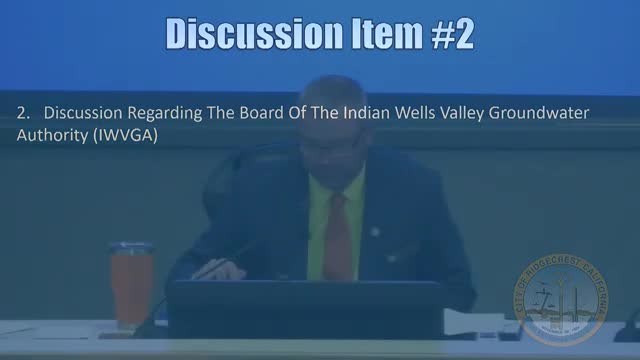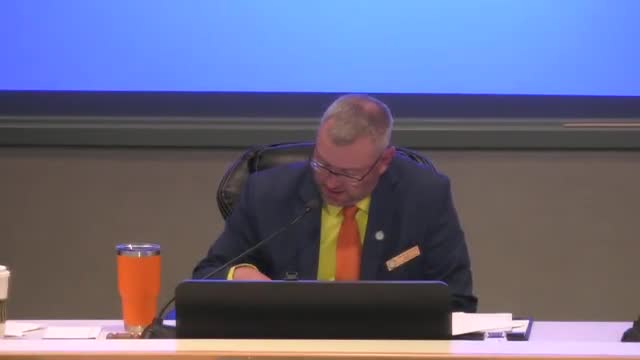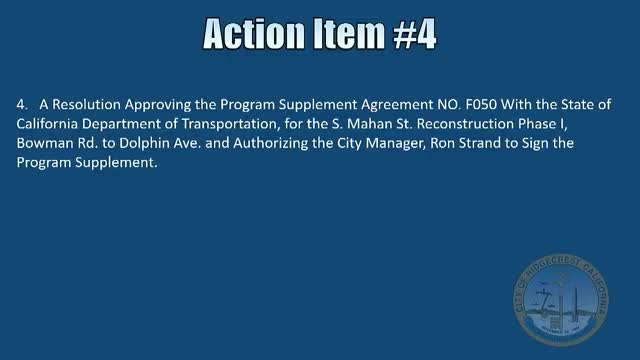Article not found
This article is no longer available. But don't worry—we've gathered other articles that discuss the same topic.

Groundwater authority discussion returns to council; public commenters urge scrutiny after proposed court decision

Council introduces landscape maintenance ordinance for commercial sites; first reading waived

Council OKs additional budget to buy five battery-electric transit vans; one fully covered by LC Top funds

